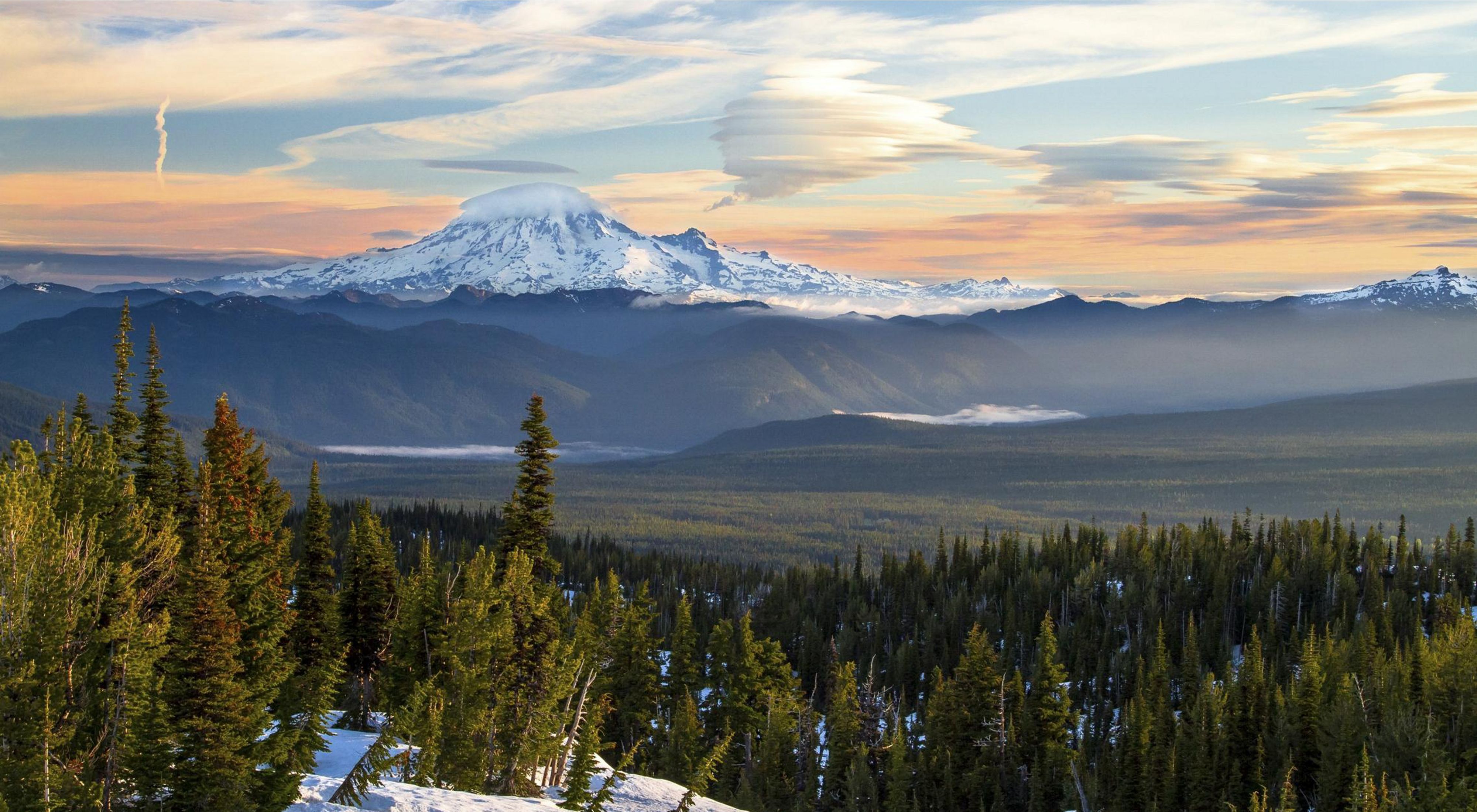The Nature Conservancy’s vision is of a world where nature and people thrive. Our work historically focused on protecting nature for nature’s sake. Now, we recognize that the well-being of nature and people cannot be separated, and that conservation is inextricably connected to racial equity and social justice. At The Nature Conservancy in Washington, we aspire to diminish racism and bias while growing diversity and inclusion in order to safeguard the future of our planet. This is the right thing for people and for nature.
To do this, we must acknowledge our movement and organization’s past and present struggles with racism and equity and commit to a future in which we exemplify The Nature Conservancy’s values and do the best work possible to benefit nature and people.
ACKNOWLEDGING INEQUITIES
To create a more equitable future, we must acknowledge our past.
Indigenous peoples have been the stewards of the land, water and all living things since time immemorial. The Nature Conservancy’s work in Washington and around the world has often happened in direct relationship and sometimes conflict with the rights and interests of Indigenous peoples. We acknowledge that colonialism’s interruption of Indigenous rights and stewardship has been destructive to nature and people.
The conservation movement, including The Nature Conservancy in Washington, benefits from white-dominant culture and operates comfortably in an unjust, racist society. We have failed to focus on the inextricable connection between conservation and racial, social and economic justice. As a result, efforts to conserve nature did and sometimes still do harm people. This has led to exclusion, displacement and inequitable benefits. This contributes to the fact that in the United States, race is the most significant predictor of a person living near contaminated air, water or soil.
Bias and oppression are embedded in our society, systems, organization and within ourselves. By failing to acknowledge these inequities, we play a role in perpetuating them. For our work to succeed on behalf of people and nature, we can and must do better.
OUR COMMITMENTS
Our vision of thriving people and nature can only be realized through a steadfast commitment to diversity, equity and inclusion in our management, conservation and business practices. This commitment involves constant learning, examining our power—and the role it plays in our work— focusing on listening, humility, relationships, sustained collaboration and learning from the mistakes we are sure to make. We commit to:
Hold ourselves accountable for equitable and effective conservation that ensures racial, social and economic justice are achieved in strategies, practices and projects.
Respect and support the rights and autonomy of Indigenous peoples by actively listening, learning and elevating their voices celebrating their rich cultures and histories.
When invited, support communities most impacted by environmental challenges in growing their influence, impact and resiliency, recognizing that these communities already contain their own leadership, knowledge and strategy.
Build partnerships and develop collaborations that reflect the diversity of people in the places we work. Invite dialogue with partners working on diversity, equity and inclusion to seek guidance and institute an anti-racist approach, knowing that we are imperfect and that we have a long journey ahead of us.
Increase our institutional and staff cultural awareness and humility through consistent learning and actions. Support our staff in developing a deeper understanding of social-justice issues and how these impact our work.
Evolve our staff and board to reflect the full diversity of Washington state and the communities we seek to serve. Strengthen our culture of inclusion and actively invite each other to belong. Institutionalize the capacity for diversity, equity and inclusion work at The Nature Conservancy in Washington.
Invite dialogue with funders interested in advancing diversity, equity and inclusion. Philanthropy has a greater impact on our conservation work when we center varied perspectives in the conversation.
This statement is intended to be a living document that evolves as we deepen our understanding. We welcome input as we grow in this work and are thankful to those who guide us.
DEFINITIONS
In an effort to create shared understanding and differentiate among the three pillars of diversity, equity and inclusion and the concept of equality, we offer these definitions:
Diversity: human differences, including but not limited to those based on race, culture, color, sex, gender identity, national origin, nationality, geography, age, ability or disability, sexual orientation, military or veteran status, socio-economic status, faith, political beliefs or other identities. Our definition also includes diversity of thought, ideas, perspectives and values.
Equality: The same amount of power, opportunities and resources are distributed to everyone with the assumption that everyone starts in the same place and has the same needs.
Equity: The full and appropriate access to power, opportunities and resources so that all people achieve their potential and thrive.
Inclusion: The act of fostering environments in which any individual or group can be and feel welcomed, respected, supported and valued to fully participate—an inclusive, inviting and welcoming climate that offers respect in words and actions for all people.
